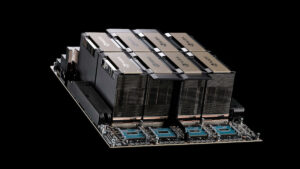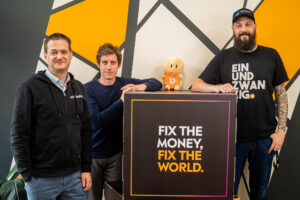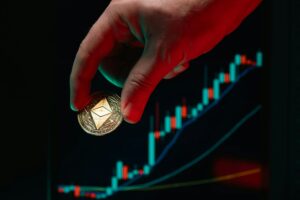EIB supports Europe’s quantum computing sector with a €35M loan

IQM, the pan-European leader in building quantum computers, received a €35 million loan from the European Investment Bank (EIB). The capital will be used to support the development and commercialization of IQM’s quantum-dedicated fabrication facility in Espoo, Finland. In November 2021, IQM opened its first fabrication facility with the plan to expand in the future.
And yes, you have read right. It is a loan, not an investment as we are used to reading in most innovation news. “The loan is part of the European Guarantee Fund’s venture debt product introduced to provide liquidity to small and medium-sized companies affected by the pandemic”, shares IQM.
“This EIB loan supports us in building more balanced and resilient quantum development in Europe. We are already working on the most advanced quantum technology in Europe and this loan will also help us create the next-generation European quantum ecosystem,” said Dr. Jan Goetz, IQM’s Chief Executive.
IQM competes with a growing number of quantum computing hardware companies, including Google, Microsoft, and Amazon. In 2020, the company announced it had raised $46 million and would build a $23 million quantum computer for the Finnish government. The system is expected to debut in 2024, and sport 50 quantum bits (qubits), reports DCD.
Bulgaria’s Discoverer is one of the world’s Top 100 supercomputers
What is the fuss about quantum computers?
Quantum computers are a complicated matter that is hard to be explained with simple words. The most common explanation is that quantum computers process exponentially more data in a tremendously shorter time than classical computers.
“Today’s chips shortage has exposed just how dependent the world is on semiconductor manufacturers in Asia. Quantum processors give us an opportunity to learn from this and become self-reliant first, and a global provider for quantum chips in the future,” also said Dr. Jan Goetz.
According to Globenewswire, the global quantum computing market was worth $487.4 million in 2021 and will reach a value of $3.7 billion by 2030. The number of quantum computers worldwide is expected to be between 2.000 and 5.000 by 2030.
In February this year, the Israel Innovation Authority (IIA) and the Defense Ministry’s Directorate of Research and Development (MAFAT) announced that they will allocate about $62.1 million to build Israel’s first quantum computer. Just a month later, researchers from the local Weizmann Institute of Science presented officially Israel’s first quantum machine, which put the country on the world map of quantum computing.
Tech giants like Google, Microsoft, IBM, and Intel are also racing to build their own systems. Countries such as China, the US, Germany, India, and Japan are investing millions into developing quantum abilities. This only enhances the need for European countries to quickly catch up and develop their own products in the field.
Israel plans to invest $62M in the first Quantum Computer in the country






























